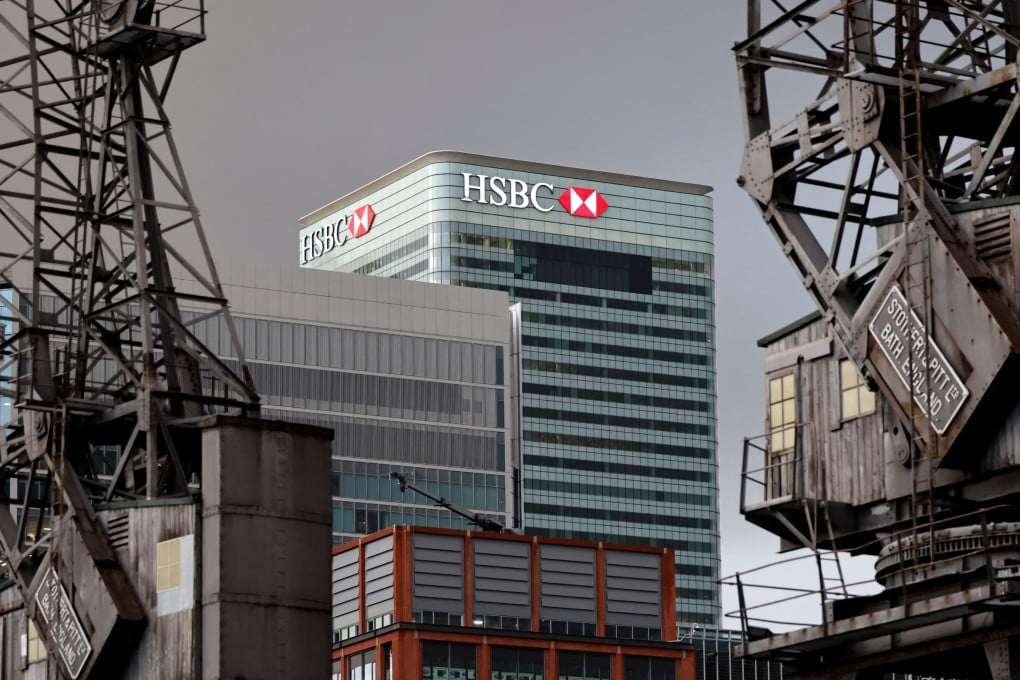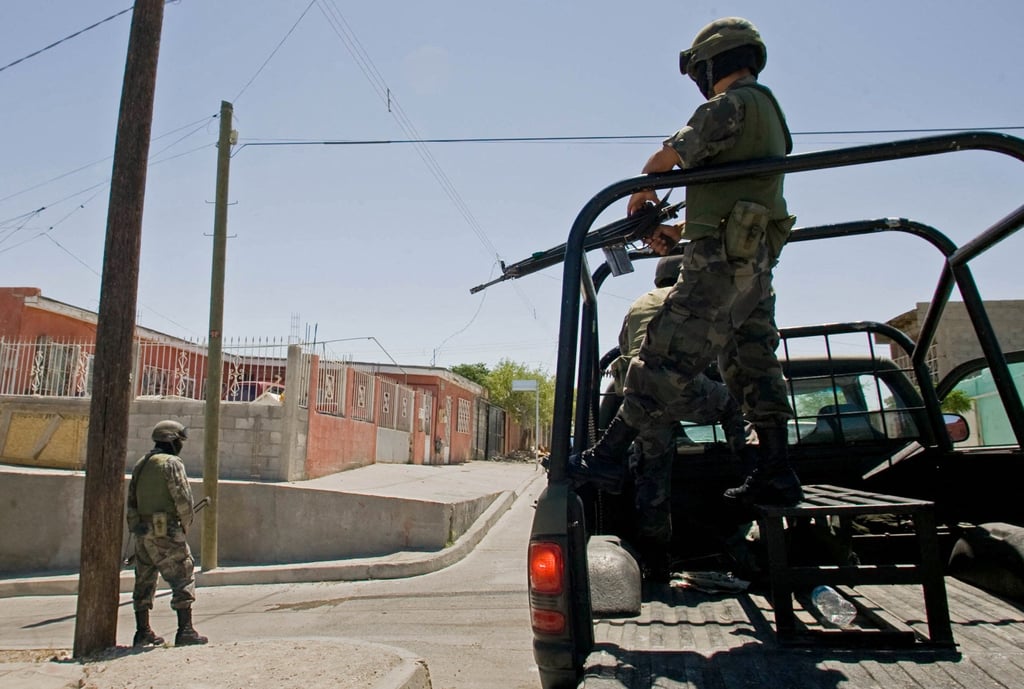How HSBC laundered money for Mexican drug cartels, paid a US$1.9b fine and hardly anyone noticed
- For years, ‘the world’s local bank’ accepted vast deposits from Mexico’s Sinaloa drug cartel until Mexican bank supervisors and US investigators intervened
- Business journalist Chris Blackhurst skewers HSBC for the affair, which led to the bank being fined US$1.9 billion while it talked up its ethical standards

Too Big to Jail by Chris Blackhurst, pub. Macmillan
Did you hear about the bank that was fined US$1.9 billion in 2012 for covering up money laundering?
“It was one of those stories that was not as heavily reported as it should have been,” says Chris Blackhurst, on a video call from Britain. “And it certainly didn’t lead to the official scrutiny that it should have done.”
In Too Big to Jail the veteran business journalist, former editor of The Independent and then City editor of the London Evening Standard, makes up for lost time with a forensic account of HSBC’s ill-advised acquisition of Mexican and United States banks, and its flouting of internal and external regulations intended to prevent money laundering. It was, says Blackhurst, “a banking operation that was not being properly policed”.
